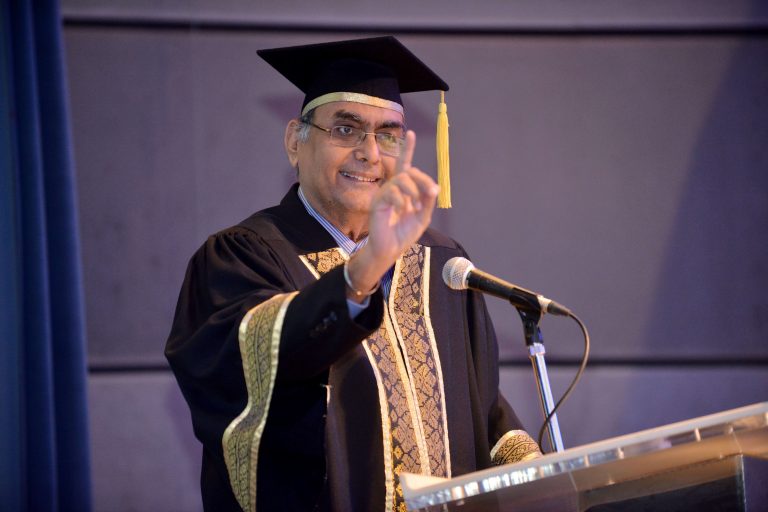10 Jan Encouraging Racial Unity from Young (Part 2)

#ThoughtLeadershipSeries
#DikaCollege
An article written by #MohanDallumal sharing his innate views on the importance of ECE playing a pivotal role in cultivating an inclusive mind which will help solve deep-rooted issues that lead to national segregation and polarisation.
#EncouragingRacialUnityFromYoung
No one is born a racist or a bigot. Simply observe a child in their element like a playground as he interacts with other children and you will know this to be true. Children are innocent, devoid of the faculties to discriminate and thus, wholly accepting of others whether or not they look, talk or act the same as them.
Still, children are impressionable and as such are easily influenced by the people and the events that occur within their environment. Naturally, children who grow up in a family that have intolerant views on race or religion will adopt these unhealthy beliefs. As a multiracial country that relies upon the unity of the different races and cultures for its success, we should take advantage of the children’ formative years to encourage racial unity. Gandhi said it best: “If we are to teach real peace in this world and if we are to carry on a real war against war, we shall have to begin with the children.”
Early childhood education plays a pivotal role in cultivating an inclusive mind, which will help solve deep-rooted issues that lead to national segregation and polarisation. By providing young children the social skills, knowledge and the experience of other cultures, customs and traditions, it can foster a dynamic and loving Malaysian society that celebrates its diversity and equality.
Our intention should be to help children:
- To know and respect their own culture.
- To know and respect the culture of others.
- To experience the different cultures as this will enhance their development and subsequently their maturity.
This can be accomplished with multicultural education, which will provide children with exciting and eye-opening social experiences. The result will be children who exhibit positive behaviour, social competence and skills that allow them to live and interact positively in a diverse society. Through multicultural lessons, children will not only learn about other cultures but also values like equality, fairness, justice and to treat others with respect. They will emerge understanding that even though we are all different, we are all the same. We are all brothers and sisters. We are all Malaysians. We are all children of God. Nobody is superior or inferior to another.
Educators can teach multicultural education through thematic topics like festivals, religions, languages, traditional food, games, stories, dance, costumes, music and musical instruments. Also, with activities such as getting children to dress in their traditional costumes, making and tasting different traditional foods, playing different traditional games, performing traditional dances and exploring traditional musical instruments. Teachers can also teach inclusiveness by taking students to visit a home with special needs children to demonstrate that diversity isn’t limited to the colour of your skin.
Multicultural education should begin at preschool; otherwise it loses its potency or significance. Of course Early Childhood Education teachers need to be well suited to teach the subject too. They should not only be well versed on their own culture but also of their students’. Teachers also need to demonstrate values like equality, tolerance, acceptance and respect in dealing with children. As a result, each child will feel accepted and validated, have a sense of belonging and worth. This will translate into positive self-esteem and subsequently, better academic achievements and behaviour.
All it takes is thirty minutes a week or thirty lessons a year. It’s never too early to start; children as young five or six-years-old can benefit from multicultural education. Surely, our society and nation will reap the benefits too, in the long run.
As Martin Luther King said aptly, “We must learn to live together as brothers or perish together as fools.”



No Comments